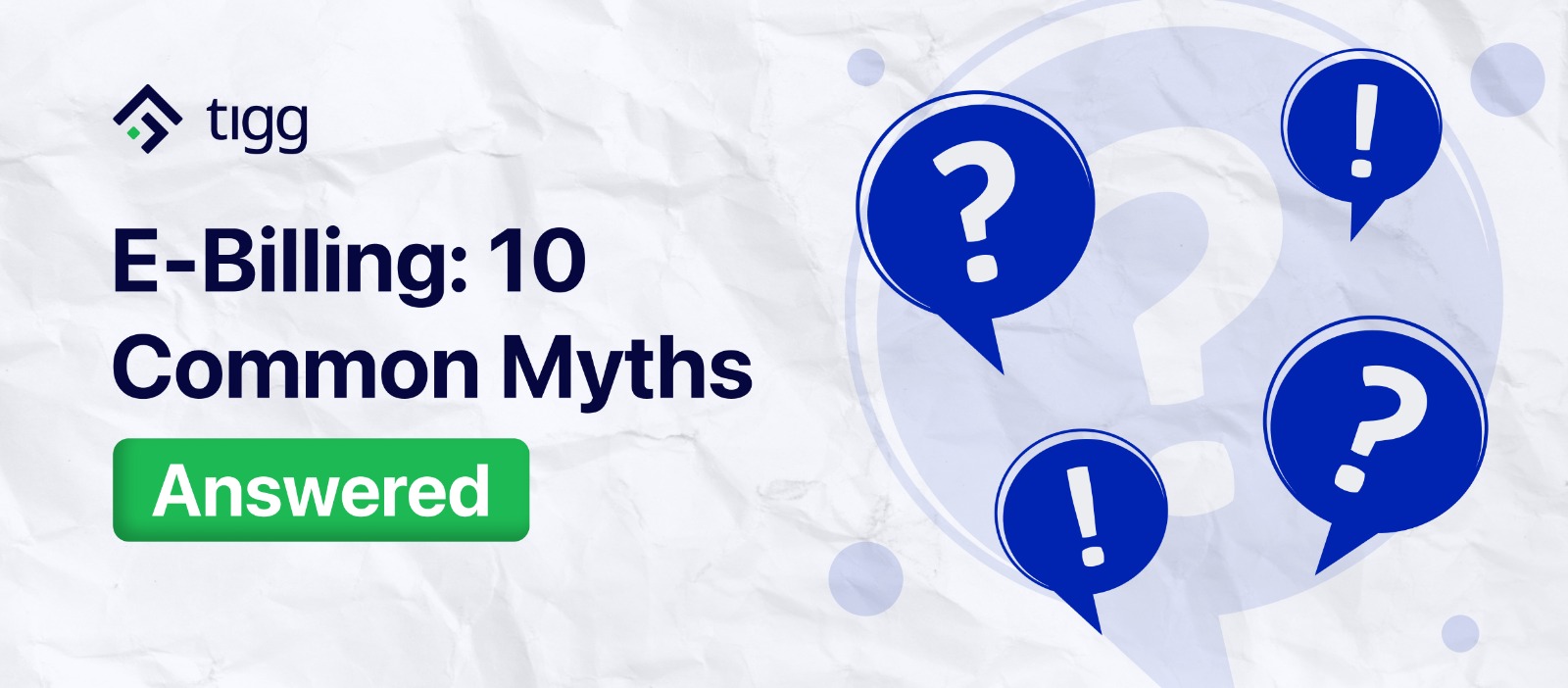
The IRD e-billing system has sparked plenty of questions and confusion among Nepali businesses. Whether you're just getting started or already using e-billing, it's important to separate facts from fiction.
We've answered 10 of the most common myths clearly and simply based on official IRD guidelines.
No. IRD only receives real-time data of the bills you issue through the API. It does not have access to your full accounting system, inventory, ledgers, or internal reports.
It depends. In most cases, businesses under 10 crore turnover are exempt. But if you're in specific sectors like hotels, restaurants, ISPs, or canteens, you must adopt e-billing once you cross 5 crore. Always verify the rules for your industry.
Yes. Even without VAT registration, any business with turnover exceeding 10 crore must apply for e-billing approval. This is mandatory as per IRD guidelines.
Absolutely. You can apply for e-billing voluntarily. It helps improve transparency, builds customer trust, and makes your business more professional and digitally ready.
No. Most modern IRD-approved software is cloud-based and works on laptops, desktops, tablets, and even smartphones. No expensive hardware is needed, just a good internet connection.
Yes. Each branch under your PAN must get individual e-billing approval from IRD. Approval for one location does not automatically apply to others.
No. All branches under the same PAN must use the same e-billing software. This ensures consistency and makes your data easier to manage and report.
Yes. You can switch to another IRD-approved software. You'll need to follow a basic procedure: apply for fresh approval and transfer your data. You're not locked into one provider forever.
No. Once you're approved for IRD e-billing, manual billing is not allowed under any circumstances. Even in emergencies, all bills must be issued digitally. Failing to do so can result in penalties.
No. As per current rules, there is no cancellation option once you’re in the e-billing system. Even if your turnover decreases later, you must continue using e-billing.
Previously, we've made a video breaking down the essentials of E-Billing in Nepal, including what it means to have IRD approval, how the Central Billing Monitoring System (CBMS) works, and the step-by-step process to obtain approval for billing. Check the video below:
IRD e-billing isn’t as scary as it seems once you know the facts. Whether you're required to use it or want to adopt it voluntarily, understanding these rules can help you stay compliant and efficient.
Tigg is an officially IRD-approved e-billing software that meets all government compliance requirements. What makes Tigg even more convenient is that it's completely cloud-based. You can access your billing and accounting data anytime, from anywhere. There's no risk of losing your data if your computer stops working, and you don't have to worry about backups or using a specific device. Tigg gives you a simple, reliable billing and record-keeping solution built for modern businesses. Switch to Tigg today and make your accounting easier and stress-free.